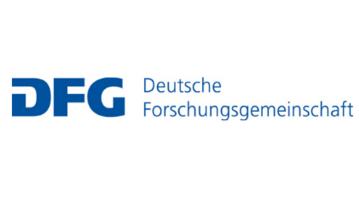WIISE - Women’s International and Intersectional Weight Stigma Exploration - A multinational and intersectional survey of weight-related stigma across women's lifespans
Brief description
Weight stigma refers to negative attributions, prejudices, and societal misperceptions related to body weight. Studies show that women who experience such forms of devaluation are more likely to withdraw socially, have lower psychological well-being, and develop unhealthy eating habits. Body norms and beauty ideals accompany women throughout their lives - from adolescence to adulthood - and shape how they see themselves and their bodies.
These messages can be internalized by women. This means that negative stereotypes are adopted and become part of their self-image. We know particularly little about how women from marginalized groups experience weight stigma – these include older women, women in precarious situations, women with experiences of migration or racism, as well as FLINTA* individuals or women from other minority contexts. An intersectional perspective that takes into account the overlaps between these disadvantages has hardly been considered in research to date.
This is where the international WIISE study comes in. Research teams at SRH University Heidelberg, the University of Alberta (Canada), and Newcastle University (UK) are conducting parallel qualitative interview studies and a quantitative online survey. The aim is to examine weight stigma from a feminist and intersectional perspective across the lifespan and to better understand how women experience, process, and respond to these experiences.
Project duration: 01/2025 - 04/2028
Language: German
Funding provider: German Research Foundation (DFG)
Funding volume: € 427,305.00
Project partners:
- Taniya Nagpal, University of Alberta (Canada)
- Shelina Visram, Newcastle University (England)
- Elizabeth Evans, Durham University (England)


